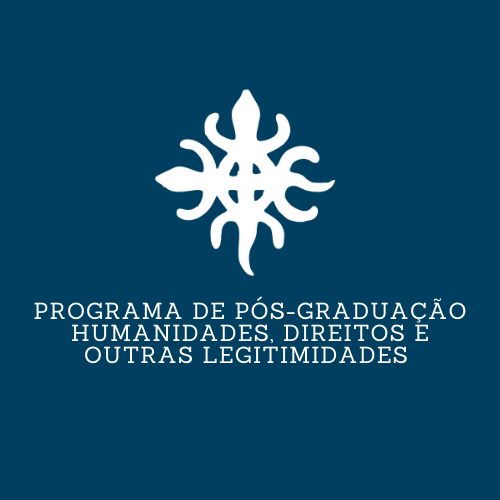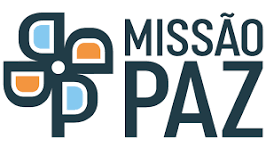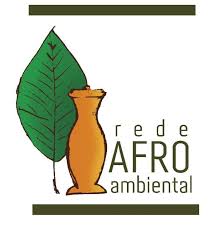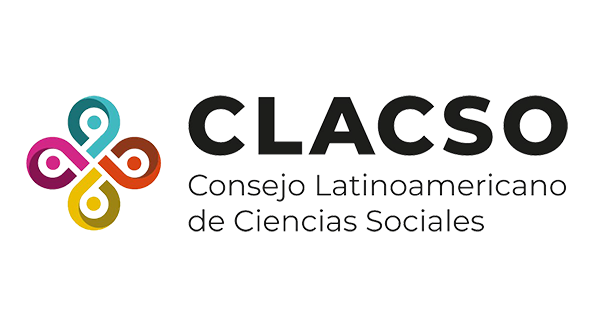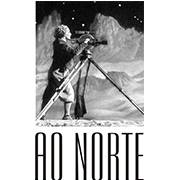This study is part of the research carried out by the Laboratory of Studies on Intolerance (Laboratório de Estudos da Intolerância – LEI) specifically within the Linguistics research group, whose main aim is to "examine linguistic intolerance and linguistic prejudice in Brazil, as well as the resulting forms of resistance, both in relation to variants of the same language and to other languages." We intend to differentiate between linguistic prejudice and linguistic intolerance, based on Voltaire (1764) and Bobbio (1990), in order to analyze a case of linguistic intolerance published by the press. We will then analyze an article entitled “In the name of the law of the ‘worst’ effort”, written by columnist Dora Krammer and published on January 26th 2005, in the O Estado de São Paulo newspaper which had nationwide repercussions. This study will examine why such discourses can be interpreted as being intolerant.
Para acessar o texto clique aqui
We shall now discuss the relations between the different forms of intolerance, introducing a number of issues on the relations of multidisciplinarity to intolerance. As we have pointed out in other papers, there are three main aspects of linguistic intolerance: 1. language usage is deeply marked by intolerance and prejudice, even though they are often disguised either by ethical values, “linguistic errors” or by aesthetic values, “refined language”, in certain usages and languages; 2. the relations between linguistic usages or between different languages can be of public or private nature: in the public domain, intolerance arises when a law regulates certain usages and languages and prohibits others (e.g. the prohibition of the use of forms of Tupi Indian languages in Brazil, imposed by Pombal , and the Toubon Law, in France, which prohibits the use of foreign terms).
Para acessar o texto clique aqui
The project entitled “Linguistic intolerance towards blacks and forms of resistance” is developed along two lines: the first investigates when and how linguistic prejudice against Brazilian black Portuguese speakers originated, through the identification of intolerance, manifested in behaviour and discourse. The second attempts to characterize forms of resistance from the blacks as Portuguese speakers who have inherited the African languages brought to Brazil.
Para acessar o texto clique aqui


